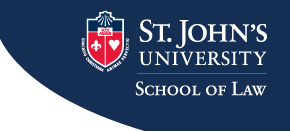Document Type
Article
Abstract
(Excerpt)
Part I begins, as does KJ itself, with the French ambassador questioning the King’s legitimacy, and continues with a dispute between two brothers over their inheritance. The problem of just title reverberates throughout the play. Part II explores the development and moral growth of Philip Falconbridge/Sir Richard Plantagenet—“The Bastard”—the play’s central character and if there is one, its hero. Part III analyzes the two concepts whose polar opposition structures the play: “commonwealth” and “commodity.” The contrast between these two ideas is found elsewhere in Tudor literature, but Shakespeare gives it a new resonance and depth. The service of one or the other of these ideals drives the plot, while providing an implicit reflection on economic and cultural trends in Shakespeare’s own time. Part IV returns to the action of the play, analyzing Shakespeare’s dramatization of the world of commodity in operation. Part V considers a world restored—that is, a world in which legitimacy is reestablished, the national community of England survives foreign invasion and civil war, and the sense of solidarity and common purpose is renewed.
